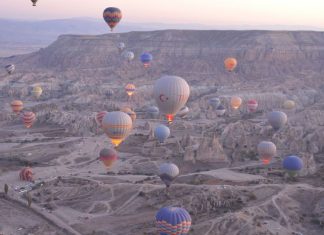Wonder or strong belief
Is it a wonder or a strong belief? Do the nestinari (fire dancers) have special skills or energy? Where does this ritual come from? Why is it on UNESCO’s World Heritage List? These and may be different questions tease people’s imagination. Not only that of tourists’ but of Bulgarians as well. Nestinarstvo Bulgaria tours might have some of the answers: Do you want to try?!
There are many stories for where nestinarstvo originates from. The biggest group of supporters, though, believe that the fire dancing on live coals ritual comes from the Thracians. Why Thracians? The Thracian tribes worshipped their God Sun. Which is, when scattered in a circle the live coals symbolise exactly the Sun.
Like other rituals in Bulgaria (Kukeri for example), nestinarstvo has both Christian and pagan elements. The most precious about this ritual is the enigma that stays behind it. There are constant arguments about the ritual’s origin, the mysticism that veils it, the different stories about it.
Chrisitianity and paganism, nestinarstvo Bulgaria tours
When Constantine, the Emperor of the Roman Empire, and his mother Helena start to enforce Christianity on the Bulgarian lands, the fire dancers had to accept the Christian symbols in order to stay alive.
Therefore, it was very natural that Constantine and Helen became the new idols for nestinari. Before these were the pagan idols. With the spreading of Christianity, the new idols are the Emperor and his mother. In the past people practiced nestinarstvo in Aegean Thrace.
Actually, the villages where nestinari performed the ritual were five. They are in Strandzha Mountain (the Black Sea region). Today it is practiced in its authenticity in one village only. More specifically, in the village of Bulgari (nestinarstvo Bulgaria tours).






